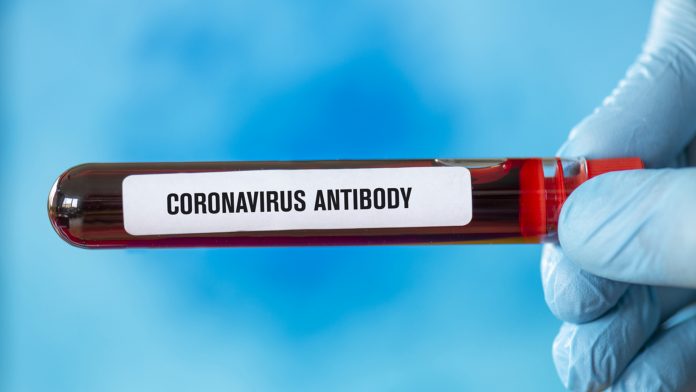
A new investigation has revealed that IgA antibodies may prevent some individuals who are unvaccinated from contracting COVID-19.
Researchers from the University of Gothenburg have identified that some healthcare professionals did not become infected with COVID-19 even though they were exposed to the SARS-CoV-2 virus daily during the height of the pandemic. The team believes that the reason for this protection is located in the immune system in the form of IgA antibodies.
The study’s results are published in the European Journal of Immunology.
How do IgA antibodies combat COVID-19?
For the study, the researchers analysed 156 employees at five primary care health centres for six months that belonged to the Nötkärnan group in the Gothenburg area. The participants were recruited between April and March 2020, and none of them had been vaccinated against COVID-19 and worked with infected patients daily.
The analysis suggests that IgA (immunoglobulin A) antibodies in their respiratory tract provided protection for the disease. These particular antibodies are located in the secretions of mucous membranes in the airways and gastrointestinal tract and can prevent viruses and other organisms from binding to the body.
Results showed that two-thirds of the healthcare workers developed antibodies against COVID-19 and fell into two distinct groups. The first group who only had IgA antibodies never contracted the disease, whereas the other groups who had IgG antibodies and T cells did catch COVID-19. IgG antibodies and T cells are also part of the body’s immune system and help recognise viruses and protect against them.
Christine Wennerås, one of the leaders of the study and Professor of Clinical Bacteriology at Sahlgrenska Academy, said: “We all have IgA. It’s found on the mucous membranes, and COVID-19 is an infection that spreads via those membranes. We thought it was important to investigate what happened when completely healthy people encountered the coronavirus before vaccines became available.
“Of the participants in our study, none who contracted Covid-19 required hospitalisation. A lot of other research has concerned the most seriously ill patients, who have been hospitalised and in need of intensive care.”
Other protective factors
The research looked to identify a range of potential health factors that protect against the disease, with participants undergoing a series of questionnaires and blood tests. As soon as they started to show symptoms of COVID-19, such as nasal congestion, a cough, red eyes, changes in the sense of taste, or anything that signifies infection, participants answered questions and performed a PCR test.
The common factor among all people who did not test positive or caught COVID-19 was IgA antibodies. Additionally, being female and having a respiratory allergy was associated with having a decreased risk of infection. However, the study did not support previous research that stated people without COVID-19 antibodies have protective T cells.
Wennerås said: “A lot of the Covid-related research has been about IgG antibodies and T cells. The interesting thing is that when we now examine other people’s articles and tables, we find evidence for the conclusion you pwe’ve arrived at about IgA ourselves. But it’s not something those studies have highlighted.”
























